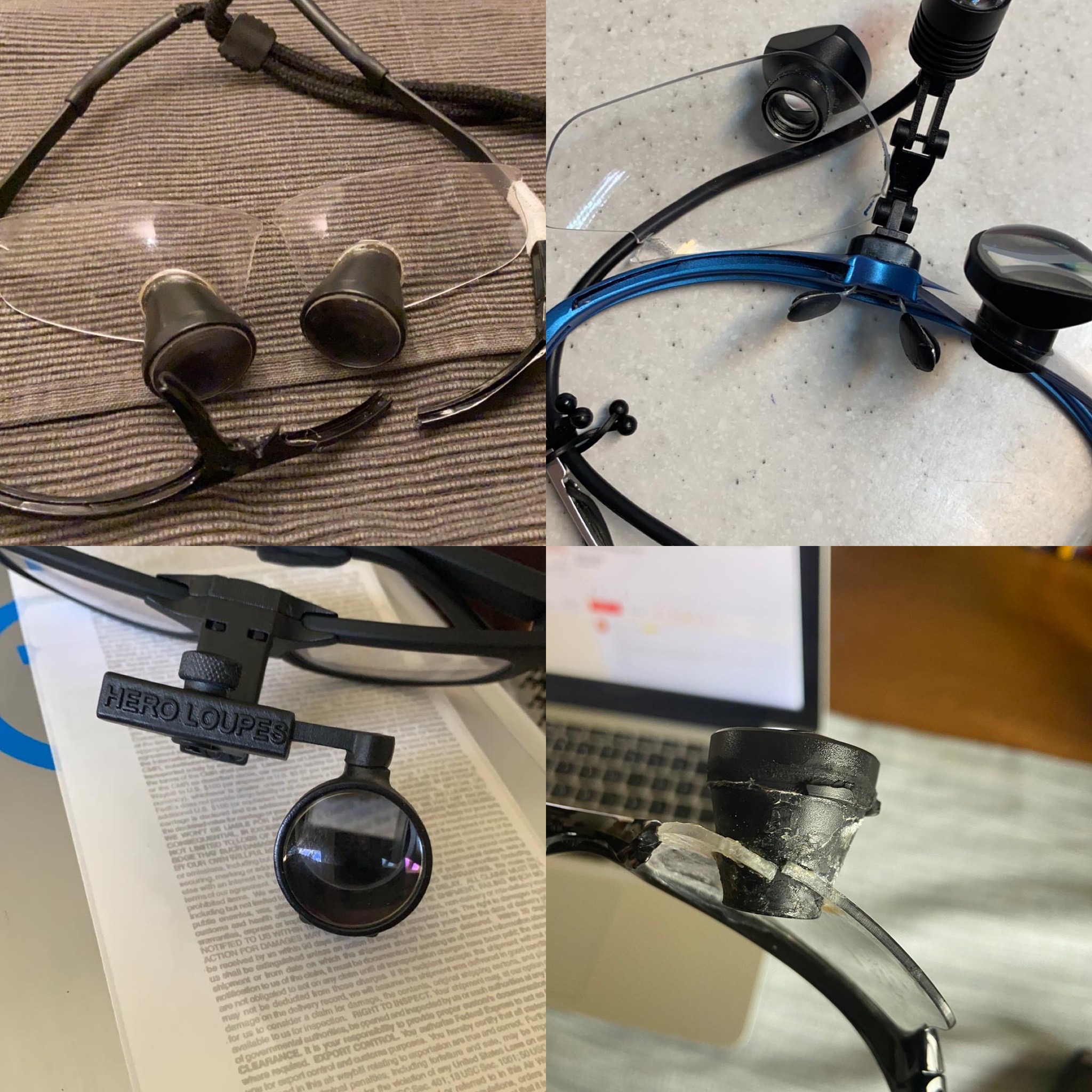
26 Sep How to care for your loupes
A question we are often asked. It is not as simple as you may think and often over looked by some.
What is the best way to clean and care for your loupes?
In this blog post we will look at the best way to do this to ensure you maintain the quality of the loupes, the clarity of the image quality and to ensure you are complying with legislation.
Department of Health Guidance for Decontamination
I’m sure you are well aware of the Department of Health Guidance for Decontamination in primary care dental practices. It makes clear that loupes are reusable if properly cleaned according to the manufactures guidelines. It also states that loupes should be cleaned when they are “…visibly dirty and/or at the end of each session.” . It also understands that this may not be easy as loupes have small components which can be difficult to clean between sessions.
This often means that loupes are either never cleaned or given a cursory wipe down when they look “a bit dirty”. What we want to do here is give you some practical and quick options to enable you to keep your loupes in fantastic condition in the easiest possible way.
Loupes have small and sometimes moveable parts. Coupled with the fact they are spending along time on your face meaning that they can become dirty with hair gel, make up, sweat and not to mention day to dust and other splashes and splatters during patient treatment. When looked at closely you’ll quickly realise that they can easily become an infection risk to that would un glue a well managed practice.
So what can’t we do?
It is a good idea first to look at what me mustn’t do. They may sound obvious but you would be be surprised.
Be careful you don’t submerge your loupes in water as the optical units are not waterproof and drying these parts and the frame hinges can cause damage and misting.
Never use autoclaves or any other sterilising equipment as this would potential damage your loupes beyond repair.
Avoid using sprays if possible as we want to avoid getting any moisture into the optical barrels.
Steer clear of using cotton wipes as the heavy cloth over prolonged periods may cause the optics or the lens to become scratched.
What can we do? Creating a routine is what it is about.
Hopefully the ideas below will give you some thought as to how you can incorporate them into your practice and keep your loupes working as long as you do.
- Keep an eye on your loupes. It may be the case you are able to clean them between a couple or few patients at a time depending on the work you are doing.
- Removing debris. This is best done with compressed air. Carefully direct this towards the area that are hard to reach and have the potential for build up. Specifically, nose piece and bridge, frame hinge arms, under optic barrels and the hinge mechanism if using flip up loupes.
- Cleaning. You don’t need a ‘specialist loupe wipe’ – you can clean and disinfect your loupes using products you would normally use to wipe down surfaces and furniture. Just remember to be not too liberal.
- Drying. Leaving them then to air dry or again using some compressed air at a distance will help with the drying process. That is it you are ready for your next patient.
Having a process like this in place will quickly become habit and will look after your loupe so that your loupes can work at looking after you and your patience

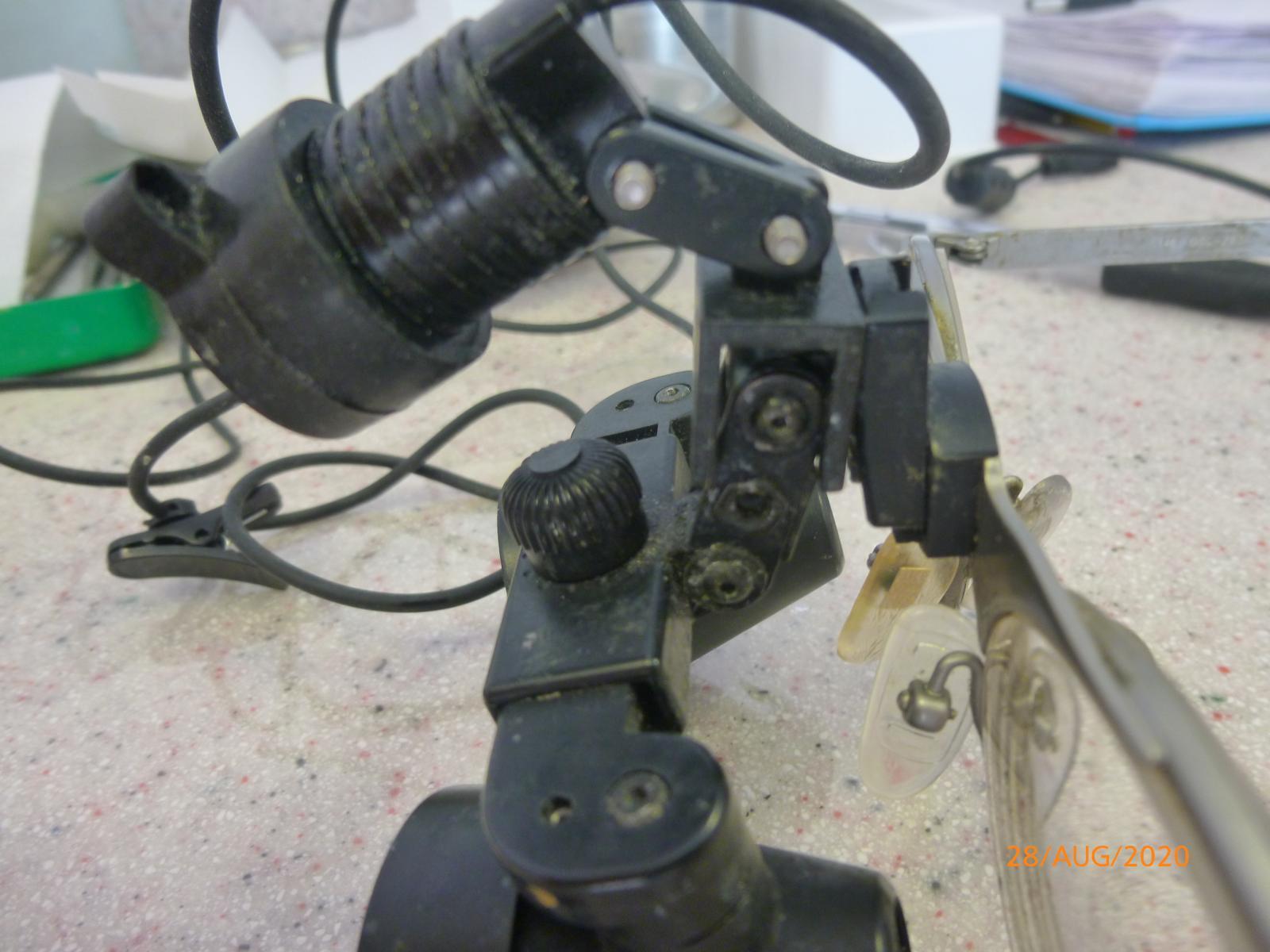
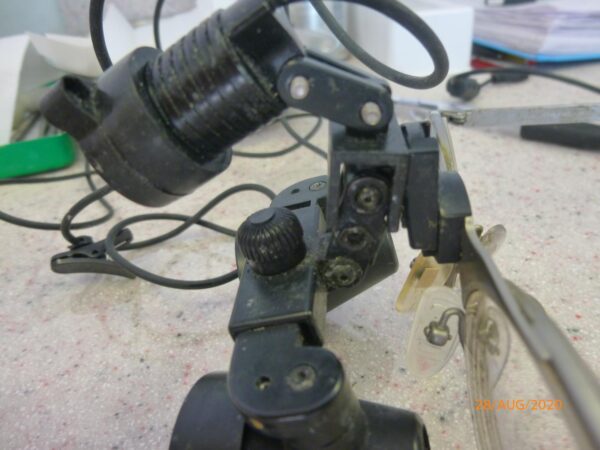
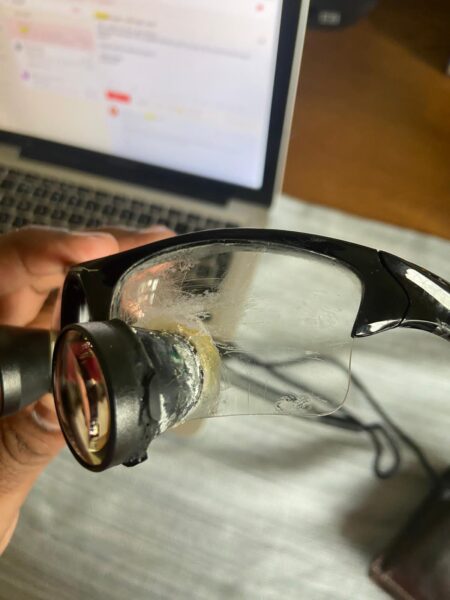

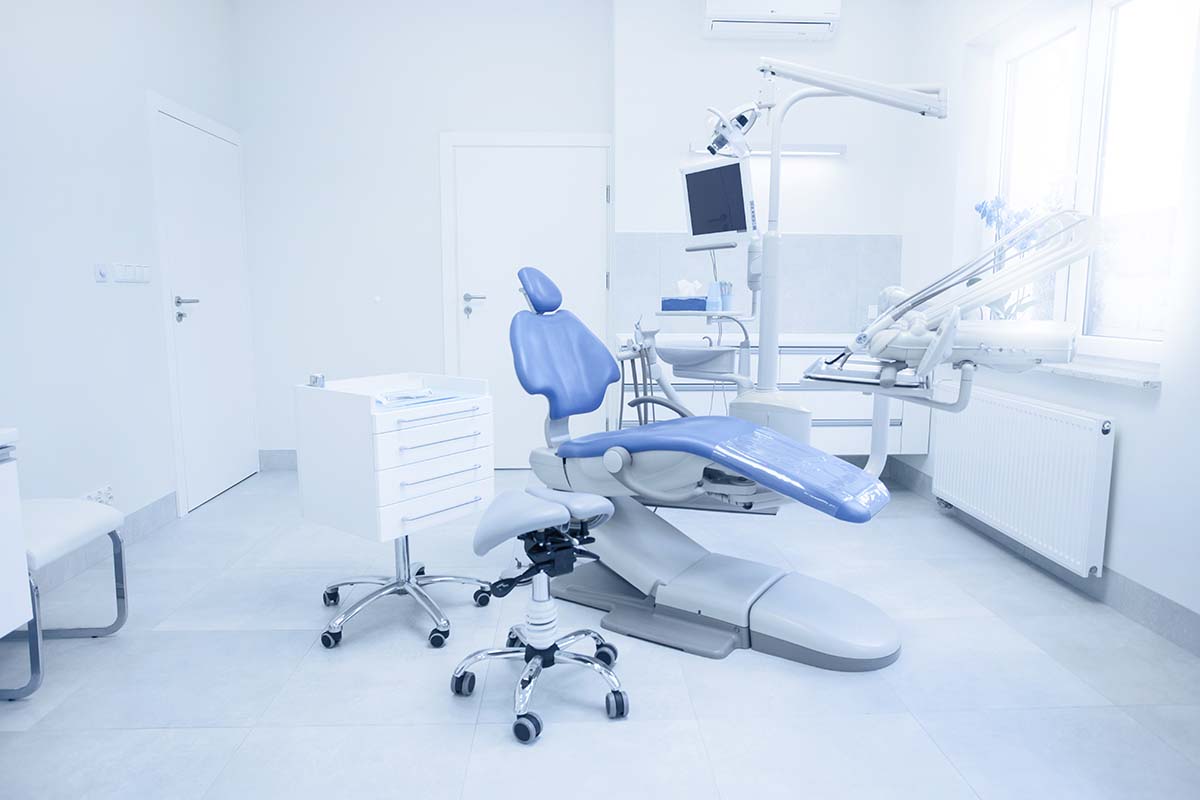
No Comments